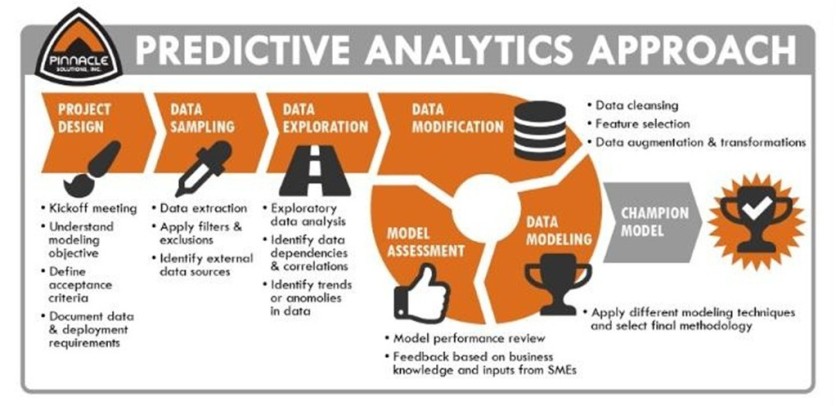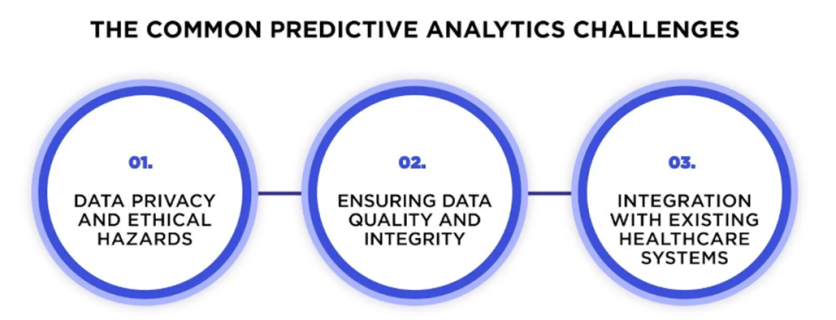
In the increasingly complex and high-stakes world of healthcare IT, Sidhartha Velishala is emerging as a transformative force. A seasoned DevOps and Cloud Automation Specialist, Velishala brings over 12 years of experience in architecting cloud-native systems across major platforms including Azure, AWS, and GCP. His work bridges the critical intersection of DevOps engineering and AI-driven automation, with a particular focus on predictive reliability and operational resilience.
Widely recognized for his pioneering strategies in AI-enhanced infrastructure, Velishala has championed the integration of machine learning models for predictive maintenance, enabling healthcare systems to transition from reactive incident response to proactive, self-healing architectures. His approach is not just technical—it's transformational, helping enterprises reimagine how they monitor, manage, and scale mission-critical environments.
With a deep commitment to innovation and real-world impact, Sidhartha continues to take charge of making intelligent automation a cornerstone of modern IT strategy.
His latest focus? Leveraging DevOps and Artificial Intelligence (AI) to create predictive maintenance models that reduce system downtime, improve patient outcomes, and boost cost efficiency.
"Healthcare IT systems can no longer afford to operate reactively," says Velishala. "By combining AI's predictive capabilities with DevOps automation, we're building intelligent infrastructures that anticipate failures—before they happen."
Predictive Maintenance: From Reactive Fixes to Proactive Precision
Traditional maintenance methods in healthcare IT rely on fixed schedules or respond to failures after they occur. But Velishala strongly advocates for AI-powered predictive maintenance, which uses machine learning algorithms to continuously analyze performance data from servers, networks, and hardware.
These insights allow teams to identify weak points—like rising CPU usage, abnormal temperature changes, or memory leaks—before they become full-scale outages. According to Velishala, this transition from reactive to predictive can reduce system downtime by over 30% while ensuring mission-critical services such as EHR systems and telemedicine applications remain operational 24/7.
"In a hospital setting, even a five-minute system freeze can delay care," he notes. "AI enables real-time risk visibility that was never possible with traditional methods."

DevOps: The Execution Engine Behind Predictive Intelligence
While AI enables smart insights, Velishala emphasizes that DevOps makes those insights actionable. Through automated pipelines, continuous integration, and real-time monitoring, DevOps ensures that the right fixes are deployed swiftly, securely, and with minimal disruption.
Key benefits include:
- Automated updates for clinical applications with zero downtime.
- Self-healing infrastructure that auto-corrects based on performance thresholds.
- Streamlined compliance tracking, integrated with CI/CD workflows.
In practice, this means IT teams can push security patches, system upgrades, or configuration changes during off-peak hours, without affecting users or delaying care.
"DevOps ensures healthcare systems are not just fast—they're resilient, reliable, and always-on," Velishala explains.
Real-World Impact: Smarter Systems, Safer Patients
Velishala's approach is not just theory—it's backed by real-world success stories. In his white paper, he cites cases where AI and DevOps combined to deliver impressive outcomes:
- A hospital network used AI-based monitoring integrated into DevOps pipelines to detect server strain before peak hours. This preemptive action reduced unexpected outages by 40%.
- A regional health system automated updates to its EHR software using DevOps workflows, cutting deployment times in half while boosting clinician satisfaction.
- During the COVID-19 pandemic, one institution launched a new telemedicine module within a week—thanks to an agile DevOps framework informed by predictive analytics.
Each of these use cases demonstrates how AI and DevOps together can enhance patient care by keeping the digital backbone of healthcare robust and agile.
Cost Efficiency and Sustainability: A Win-Win Approach
One of the major advantages Velishala underscores is cost savings. By targeting only the systems that need maintenance—and doing so ahead of failure—healthcare organizations can reduce unnecessary repairs, prolong equipment lifespan, and optimize resource usage.
"Hospitals are under immense financial pressure, especially post-pandemic. Predictive maintenance powered by AI and DevOps gives them a smarter way to manage infrastructure without breaking the bank," says Velishala.
There's also a sustainability angle. Fewer emergency repairs mean fewer wasted materials, reduced energy use, and more environmentally responsible IT operations.
Challenges: Adoption, Compliance, and Data Integrity
Velishala doesn't shy away from the challenges that come with implementing these technologies. High initial investment, cultural resistance to DevOps methodologies, and strict regulatory requirements (like HIPAA and GDPR) are significant hurdles.
However, he believes a phased rollout strategy—starting with pilot projects that demonstrate ROI—can help build organizational confidence. Furthermore, ensuring that AI models are explainable and auditable helps alleviate trust and compliance concerns.
"Transparency, data governance, and smart change management are key to scaling AI and DevOps in healthcare," Velishala advises.

The Road Ahead: AI-Driven Healthcare That Works Smarter
Looking to the future, Velishala envisions an era where AI and DevOps become the standard in healthcare IT. He points to emerging trends like:
- Edge computing for faster real-time insights.
- NLP tools analyzing patient or clinician notes to preempt technical strain.
- Fully autonomous infrastructure capable of self-diagnosis and resolution.
"We're building a healthcare IT ecosystem where systems take care of themselves—so clinicians can focus on taking care of patients," he says.
Conclusion: Engineering the Future of Healthcare IT
Through his work, Sidhartha Velishala is leading a paradigm shift in how healthcare IT is maintained and optimized. His approach, fusing AI-driven predictive maintenance with agile DevOps practices, delivers measurable improvements in uptime, efficiency, cost, and patient care outcomes.
As the healthcare industry continues to digitize at an unprecedented pace, Velishala's insights and real-world applications offer a blueprint for sustainable innovation.
"At the heart of it all is one goal: to make healthcare smarter, safer, and more dependable," he concludes.
ⓒ 2025 TECHTIMES.com All rights reserved. Do not reproduce without permission.




